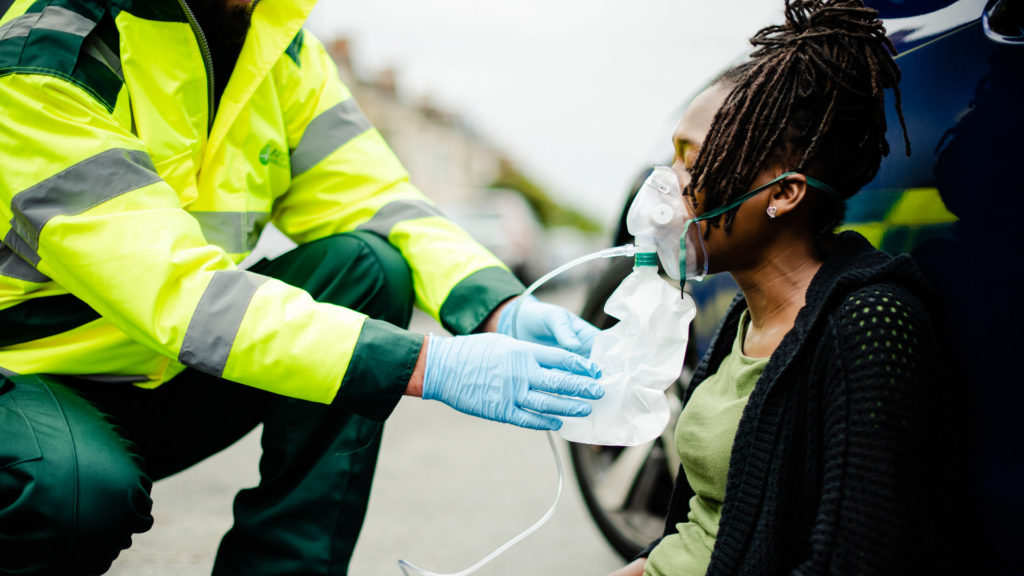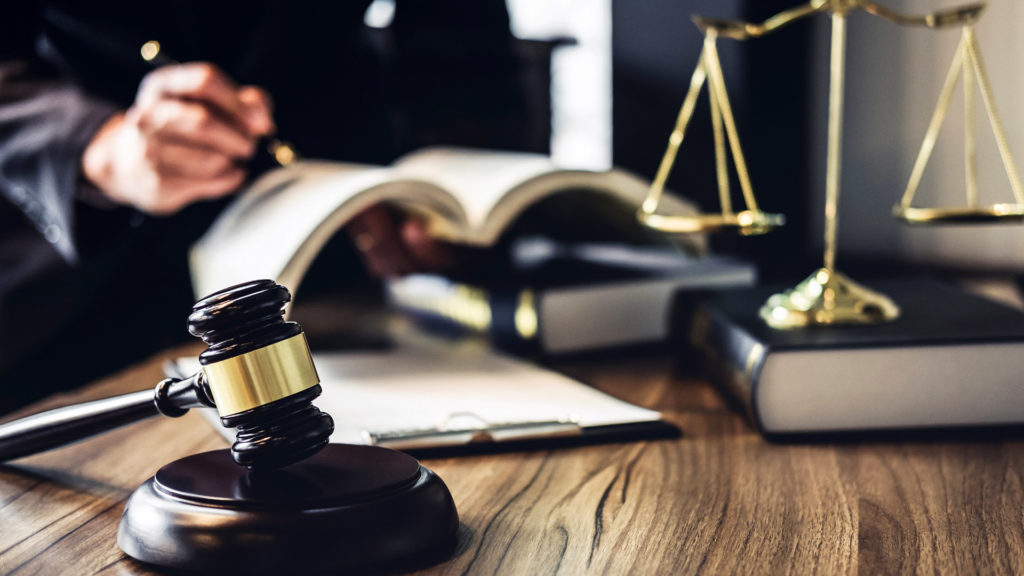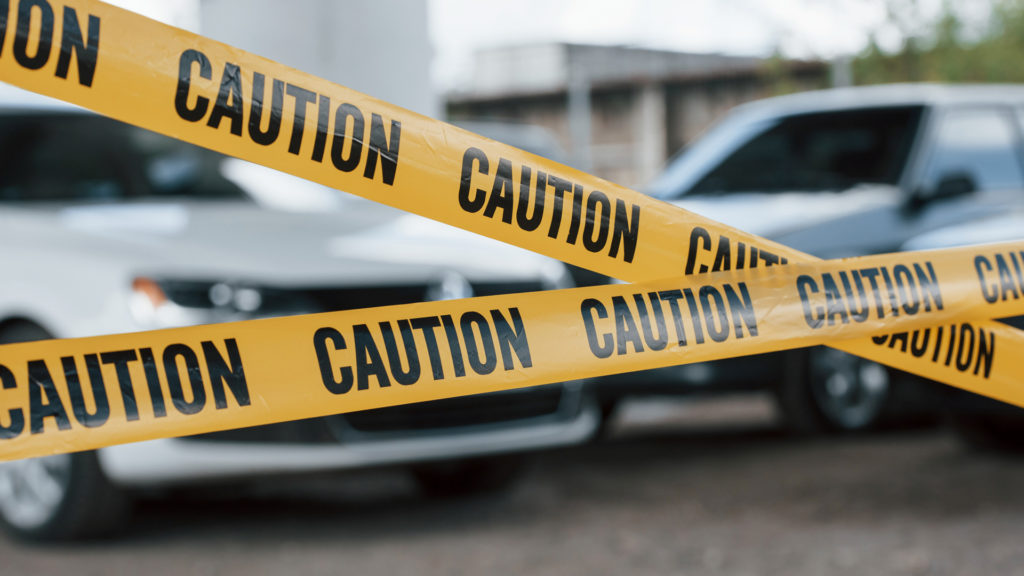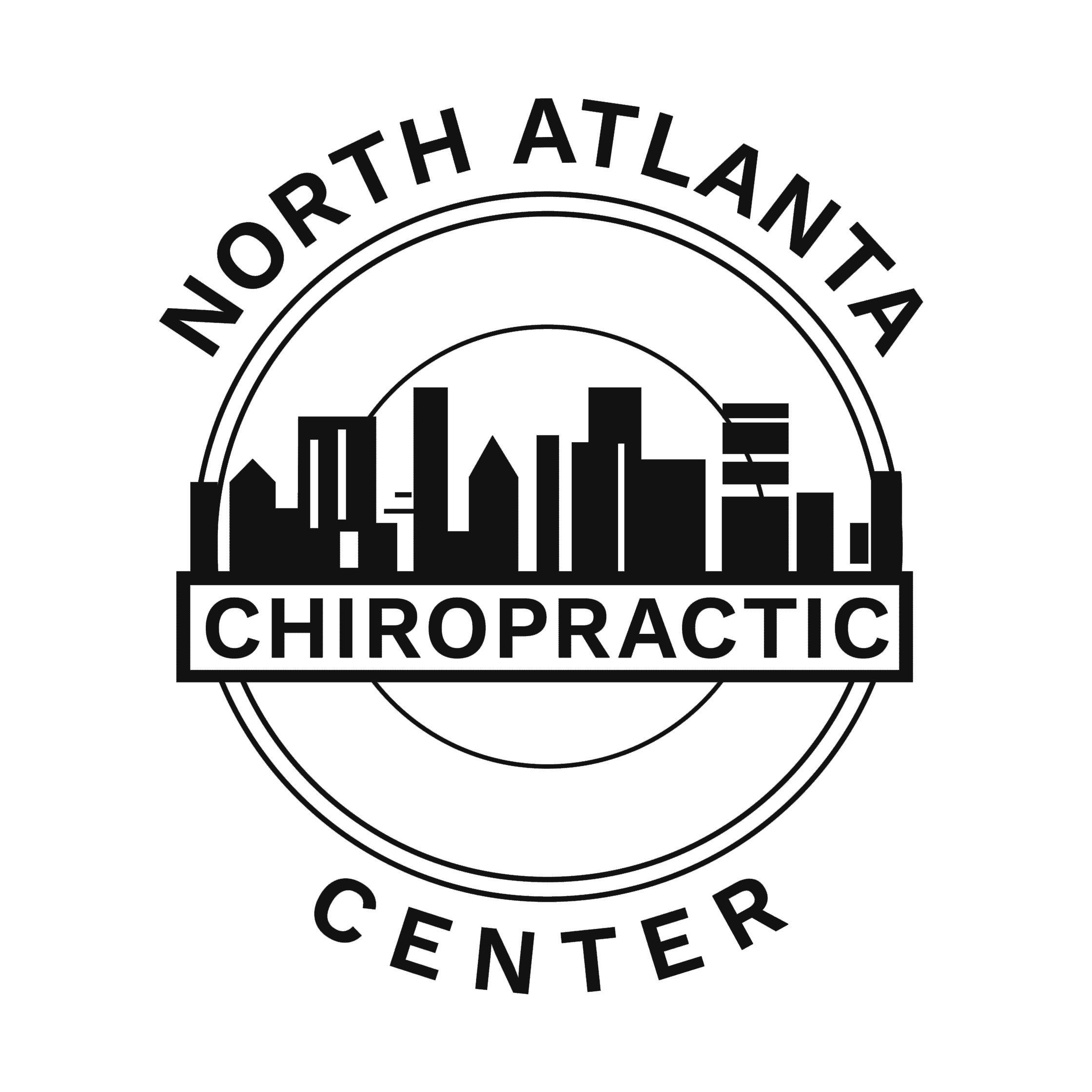A car accident victim has the option of settling with the insurance company or suing the company for damages that resulted from the car accident that the at-fault driver caused. How much money you will be awarded for damages will depend on several things. For example, how badly you were hurt, how the accident occurred, whether or not you share a portion of the blame for the accident, your age and the amount of money you could have been expected to make over your lifetime. Your attorney will take all of these factors and estimate a range of monetary values that would adequately compensate you for your losses. In the article below, we’ll discuss the different types of damages there are in personal injury cases.
You may be able to collect damages for the following:
- Past, current and future medical bills. This includes money for rehabilitation, physical therapy, chiropractic care, surgery and transportation costs.
- Expenses for medical devices, such as prosthetics, crutches, walkers and braces.
- Past lost wages and any future wages that will be lost.
- For damaged property, you may receive a sum of money to repair your vehicle or replace it at fair market value.
- Pain and suffering and mental anguish in the past and in the future.
- Losses that you suffered because of the reduction of joy in your life.
- Negative emotions, such as emotional pain, degradation, bereavement and tension.
- Burial costs and funeral expenses in wrongful death cases.
- Loss of consortium.
Compensatory Damages
There are several types of damages that entitle you to a sum of money, and they are compensatory damages, general damages, exemplary damages and punitive damages. A monetary award for compensatory damages compensates the injured driver for any losses that resulted from the accident. The losses in this case would be your bodily injuries and other losses.
Some compensatory damages are general damages or non-economic damages, and it can be difficult for the court to place a numeric value on them. Bodily injuries fall under this category.
General damages compensate for non-economic losses, and they include pain and suffering, mental suffering and loss of companionship.

Special Damages
Economic damages are known as “specials,” and they are the monetary cost that you have to pay for the accident in the past, in the present and into the future. These damages can be quantified, and the court will determine a lump sum payment.
In the event that you can no longer do your current job, you will need to undergo training for another career. The defendant would be ordered to pay for this training with special damages. Your ongoing medical treatment would also be included, such as physical therapy, the cost of your surgeries, chiropractic care, and the cost of your medications. If you are unable to work during your recovery time, you would also be compensated for lost wages. If your earning capacity has been diminished due to your personal injury, special damages apply here too.
In the event that you have lost the ability to care for yourself, the changes that you need to make to compensate will be awarded as special damages. These include the people who come to your home to clean, cook and take care of you. If you need to purchase a van that allows for wheelchair lifts, this will be included as well.
Punitive Damages
When a car accident case is taken to trial, the jury has the opportunity to award you punitive damages. Although it is rare that these damages are awarded in car accident cases, they are still a possibility. Your attorney would need to demonstrate that the at-fault driver deliberately did something to cause the accident or was driving in a reckless manner.
If gross negligence or the intent to harm can be established in a personal injury damage case, it will not mean that you will receive punitive damages because insurance companies have a policy that they will never pay when it has been determined that the defendant acted with intent. The claim will be definitively denied in that instance. The reason is that insurance companies do not want to be a vehicle that people use to injure others. If insured motorists knew that their insurance companies would pay for their intentional, heinous acts, they would be encouraged to commit those acts.
There is also the fact that innocent people may be around when the bad actor decides to commit these nefarious deeds. Since this subject is so problematic, your attorney will, most likely, decide not to seek punitive damages. The intent to hurt may be there, but your attorney is going to want to ensure that you get paid for your injuries, and this may not be done with punitive damages.

The At-Fault Driver’s Insurance Coverage
Atlanta motorists may purchase several types of auto insurance, and it is meant to help motorists pay medical bills and car repair bills if they are ever involved in a collision. Your attorney will need to negotiate with the at-fault driver’s insurance company in order to obtain the money from this coverage for you and your bills.
Most Georgia drivers opt to purchase the basic coverage that fulfills Georgia’s car insurance requirements. With this coverage, the driver will have $15,000 bodily injury liability for one person injured in a collision. It also includes $30,000 bodily injury liability if more than one person is hurt in a crash. The minimum of $5,000 liability must be purchased for property damages. This coverage isn’t for the driver’s injuries and property damages; it is only for the injuries and property damages of those in the other vehicle.
Some people opt not to buy auto insurance, so Georgia allows them to purchase a surety bond instead in the amount of $10,000.
If you were badly hurt in a crash, the at-fault driver’s insurance company may decide to pay you $15,000, but this doesn’t mean that you don’t need to speak to an attorney. Even if this offer is made, you still must contact our attorneys because the at-fault driver may be able to contribute more toward your injuries.
Underinsured/Uninsured Motorist Coverage
So far, we have been discussing how your attorney deals with the at-fault driver’s insurance company, but what if the at-fault driver doesn’t have auto insurance?
In that case, your attorney would turn his or her attention toward your underinsured/uninsured motorist coverage. An underinsured motorist has insurance coverage, but it may not be enough to cover all of your medical bills, lost wages, pain and suffering and emotional distress. The at-fault driver’s insurance company will pay a portion of your personal injury bills, and your attorney will turn to your underinsured motorist coverage to obtain the remainder of the money needed for the bills.
The likelihood of being hit by an uninsured driver is relatively high in Atlanta. Therefore, underinsured/uninsured motorist coverage is a very good idea for Atlanta motorists. Pursuing a defendant who doesn’t have insurance could be a waste of time and money because the driver may not have any assets to cover your bills. Therefore, if you pursue the uninsured driver, the court could dismiss the case without prejudice. This will mean that your case will be delayed for a long time. Rather than do this, your attorney will file a claim against your insurance company’s uninsured motorist coverage. In most cases, underinsured/uninsured motorist coverage does not cause your premiums to increase to a significant degree, so it is very advantageous to you to add this coverage to your policy.
Even though you may have underinsured/uninsured motorist coverage, your insurance company may not cover the bills for you. The problem may be that you and the other driver didn’t actually have a collision, but you may have been hurt anyway. For example, another motorist makes a negligent move and causes you to swerve into an object. The fact that there isn’t any paint from the at-fault driver’s vehicle on your vehicle would cause your insurance company to deny your claim. Then, you would have to confront all of the bills on your own.
We invite you to contact us before you have an accident so that we can examine your insurance policy. We will let you know if you are covered by your underinsured/uninsured motorist coverage so that you will not have any unpleasant surprises later on.
Bad Faith
It has been stated above that insurance companies are not always working in your best interests. This applies to your own insurance company as well as the at-fault driver’s insurance company. Your insurance company has the duty to treat your policy with good faith, but sometimes, these companies will delay or deny your claims without merit. This is another issue that your attorney can help you with if it happens.
Insurance companies can suffer serious penalties when they operate their businesses in “bad faith.” For example, policyholders can report their insurance carriers to the insurance commissioner, and this causes many difficulties for these insurance companies. The company’s star rating will suffer as a result of these complaints, and this is definitely not what they want. They are hoping for a 5-star rating, so they prefer that these complaints do not come to the surface.
In addition to the point above, if insurance companies wrongfully deny or delay your claims, they may be breaking the law. If they are found to be guilty, they could be forced to pay punitive damages to the affected parties, and they could face other penalties. They may be fined by the state or the federal government, and their shareholders would be extremely unhappy. Most importantly, the company’s profits would suffer.
The fact is that insurance companies are not tempted to act in bad faith if you hire an attorney right after you experience an auto accident or personal injury. When they know you have hired a reputable attorney, they know that it is too much of a risk for them to act in bad faith. The lawyers these companies have on their payrolls scare other people, but they do not scare our attorneys.

Other Types of Insurance Coverage
In some instances, you can be involved in a car accident, but the at-fault party isn’t a human being. In that case, you wouldn’t have an insurance company from which to obtain money because trees, animals and the weather do not have insurance! This is why you need comprehensive insurance coverage.
Comprehensive coverage takes care of the repair bills when your vehicle is damaged by something other than a car accident. The damages could be caused by branches falling off of a tree, or they could have been caused by vandals. In the event that your vehicle is damaged by fire, hail or in a flood, this coverage would apply.
Collision coverage is insurance that people are forced to purchase before they will be able to drive a leased vehicle off of the lot. If the vehicle is damaged to the point where it cannot be salvaged, this coverage will pay the replacement costs. If it can be repaired, this coverage will pay for those repairs.
Gap insurance may be a requirement for those who are purchasing highly expensive automobiles. In these instances, there is a gap in between the price of the vehicles and the amount for which they were financed.
These other forms of insurance coverage protect your own vehicle, but as we have discussed earlier, your insurance company is not always your friend. Even though you have this extra coverage, you may need an attorney to help you fight your insurance company for the coverage that you paid for and deserve.


 The Most Common Injuries from Car Accidents
The Most Common Injuries from Car Accidents